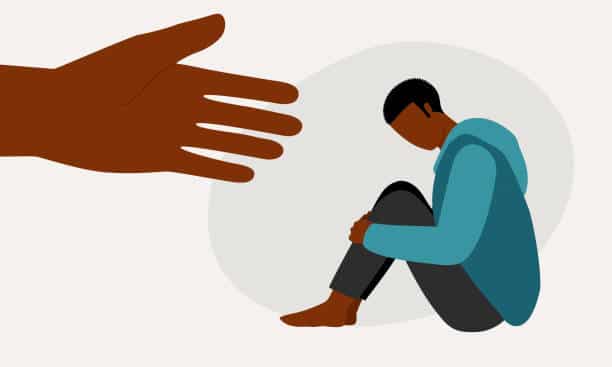Raising Awareness and Breaking the Stigma

Men’s mental health is often overlooked due to societal expectations and traditional gender roles that discourage emotional expression. Many men feel pressured to appear strong and self-reliant, which can lead to the suppression of emotions and reluctance to seek help.
Men’s Mental Health Month, observed every June, is dedicated to raising awareness about the mental health challenges men face and encouraging them to seek support. The month-long campaign aims to break the stigma surrounding men’s mental health issues and promote open conversations about their mental well-being.
According to Red Cross Kenya, 40% of Kenyan men have never spoken about their mental health. This is concerning, as mental health issues can have serious consequences, including higher rates of suicide among men compared to women. Recognizing and addressing these issues is crucial for improving overall mental health outcomes for men.
Identifying Mental Health Struggles
During mental health challenges, men can experience a range of issues, including depression, anxiety, stress, and substance abuse. Behavioral changes such as increased irritability, anger, or withdrawal from social interactions may also be signs of mental illness.
Physical symptoms like unexplained aches, digestive problems, or changes in sleep patterns can also indicate underlying mental health concerns.Risky behaviors, such as increased alcohol or drug use, reckless driving, or other dangerous activities, can also be a sign of mental illness in men.
Emotional changes, including persistent sadness, hopelessness, or feelings of worthlessness, should also be taken seriously.
Seeking Support and Reducing Stigma.

Men are encouraged to open up in safe spaces where they feel comfortable discussing their feelings without judgment. Promoting healthy lifestyles, such as regular exercise, a balanced diet, and adequate sleep, can positively impact mental health.
Seeking help, whether through therapy, counseling, or support groups, is a critical step towards managing and overcoming mental health challenges. Understanding and showing sympathy to those struggling with mental illness can also help lessen the struggle and pain.
Speaking openly about mental health can help normalize conversations around men’s mental well-being and reduce the stigma. Various organizations worldwide participate in Men’s Mental Health Month, offering a range of activities and resources to support men’s mental health.




